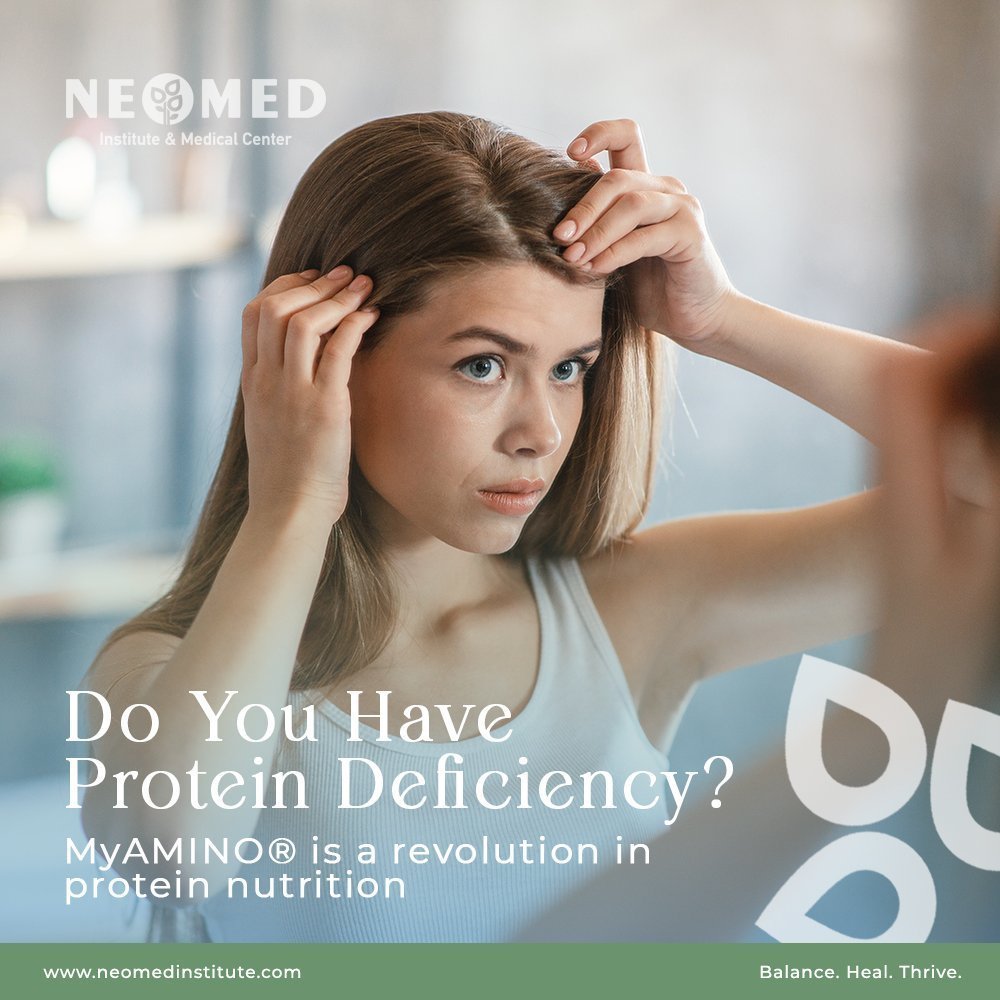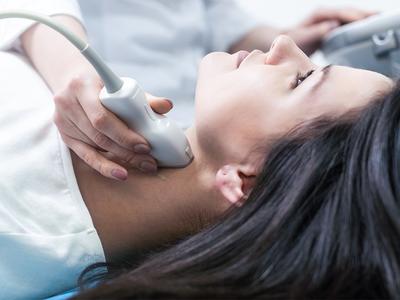Do You Have Protein Deficiency?
The daily recommended amount of protein is 1.5g to 2g of protein per 1kg of body weight. Therefore, if your weight is 70kg, you need between 105g and 140g of protein per day.
While you can source your protein as you wish, an incredibly efficient and effective way to get what you need is with MyAnimo – a revolution in protein nutrition.
Each MyAnimo pill:
- Contains eight essential amino acids;
- Has no calories;
- Has the same amount of anabolic amino acids as 350g of meat, fish or poultry;
- Is 100% plant based;
- And takes only 23 minutes to be absorbed by the small intestine, leaving no digestive end products.
If you are concerned about your protein levels, protein deficiency can be detected via analysis, or its clinical symptoms. Edema-swelling, most commonly in the feet, ankles and legs – is a sign of protein deficiency. For a quick, home assessment, pull an elastic band over your socks and see if it leaves a mark.
Let’s look at the main functions of protein.
1. Construction: 80% of the dense components of the body are proteins, so any deficiency will reveal itself in:
- Dry skin;
- Brittle nails;
- Hair loss;
- Loss of muscle mass;
- Bone fractures.
2. Transport: the good we put into our body, such as vitamins, minerals, iron, oxygen, and good fats – is carried on proteins. So, carrier protein deficiency shows itself as:
- Hypovitaminosis;
- Anaemia;
- Hypoxia (oxygen deficiency) leading to lethargy, fatigue, loss of energy;
- Atherosclerosis.
3. Immune function: no protein = no immune cells = no immunity = frequent colds.
4. Hormonal: hormones are proteinaceous in nature, and if they are lacking in the body so are proteins or amino acids. For example, the thyroid hormone, thyroxine, generally consists of only one amino acid – tyrosine.
When we get our proteins from food
Coming as a food source, proteins are absorbed as amino acids. The number, composition and alternation determine what kind of protein it will be and what function it will perform.
The process looks like this:
1. Food enters the body
2. Breaks down to protein
3. Protein is broken down into amino acids
4. These amino acids are then combined with others.
5. A new protein is formed (for example, a hormone).
One combination of amino acids will create a hormone from protein, another will create an enzyme, a third will create iron or be an oxygen carrier, a fourth may be a fat carrier ...
There are 20 types of amino acids in total. They are able to combine with each other and form molecules – proteins.
Essential and non-essential amino acids:
- There are 12 essential amino acids, which can be synthesized in our body on their own or from another amino acid.
- There are eight essential amino acids that enter the body with food.
If at least one amino acid is missing, then the protein, in which there will be a shortage of, will be unable to do its job correctly.
Here is an example:
A growth hormone is a chain of 191 amino acids – that is a protein consisting of all 20 amino acids in a different sequence
If there is not at least one amino acid or it is not enough, then there is no growth hormone, there is no beauty or eternal youth.
Animal protein contains all 20 amino acids at once, plants do not have such a variety, and this is the number one reason for eating meat.
Of course, if you are vegan or vegetarian, MyAnimo is an effective supplement. It is also beneficial for:
- Worries and stress;
- Those who do a lot of physical exercise;
- For those on diets, particularly ketogenic and hyperketogenic diets, weight loss programmes;
- Diabetic nutrition;
- Those with an intolerance of dietary protein;
- Protein nutrition of people who are in a special physiological condition, such as the elderly, pregnant women and nursing mothers, growing children, people in regeneration;
- Clinical nutrition for people suffering from protein deficiency, disfunctions the kidney and liver, stomach and bowel, people with gout, rheumatism or arthritis or inflammatory processes, epilepsy, oncological nutrition, especially preventing tumor cachexia, in accordance with the appropriate doctor or medical practitioner;
- Abd the preservation and strengthening of muscles and lean tissues







